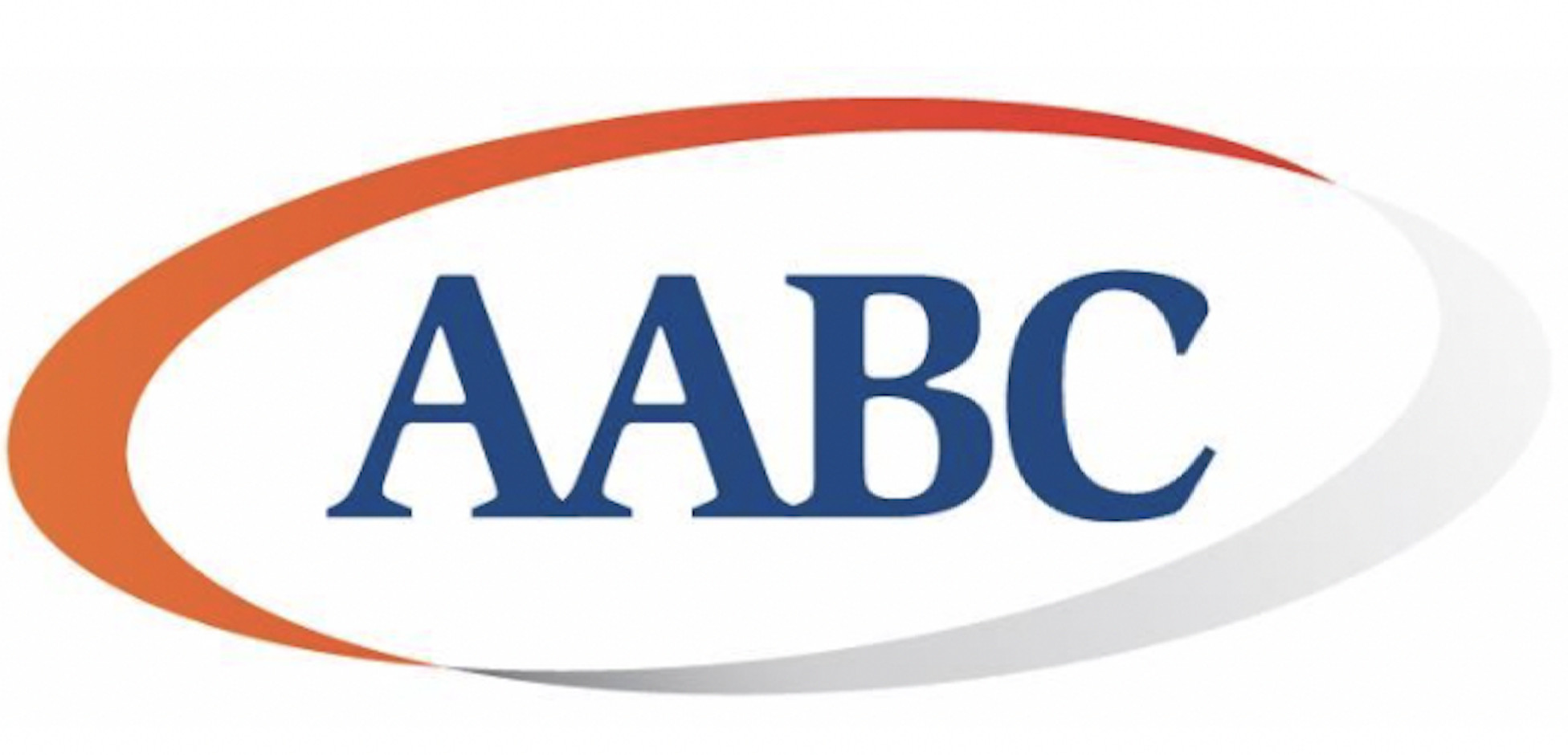Residential School Records in British Columbia
During the 2022 Archives Awareness Week we were joined by representatives from the Ministry of Indigenous Relations and Reconciliation (MIRR) and the Indian Residential School History and Dialogue Centre (IRSHDC) at the University of British Columbia, to talk about their current work to locate, document and protect burial sites associated with former Indian Residential Schools and Indian Hospitals in British Columbia.
A recording of the original presentation held on November 16, 2022, is available for viewing HERE.
About this presentation:
Speaker: Matthew Kinch works with the Ministry of Indigenous Relations and Reconciliation and is responsible as the Executive Director, Residential School Response. In this role, Matthew works with federal and provincial government partners to promote a coordinated and culturally safe response to findings at former Indian Residential Schools and Indian Hospitals throughout BC.
Presentation Description: The Ministry of Indigenous Relations and Reconciliation (MIRR) is supporting First Nations across BC as they lead the way to locate, document, and protect burial sites associated with former Indian Residential Schools and Indian Hospitals in BC. A key part of the investigative process is locating state and church records that may be relevant to this research. This includes information specific to burial sites as well as information that provides context for the day-to-day experiences of Indigenous children at these institutions. This research, combined with the increasing interest among former students, their families, and their communities to find records for personal, historical, or other purposes, has resulted in an exponential increase in the volume and complexity of record access requests. With the goal of supporting connections between communities and local BC archives, this session aims to provide an overview of the work currently happening across BC, discuss potential research barriers and challenges, and consider how BC archives and indigenous communities can work collaboratively to locate, access and transfer Residential School records.
Speaker: Naomi Lloyd (she/her) is the Metadata Team Lead at the Indian Residential School History and Dialogue Centre (IRSHDC) at the University of British Columbia, which is located on the unceded territories of the xʷməθkwəy̓əm (Musqueam), Skwxwú7mesh (Squamish), and Səl̓ílwətaʔ/Selilwitulh (Tsleil-Waututh) Nations. She is an immigrant to Canada and is of settler South African ancestry. Naomi holds a master’s degree in library and information studies and a doctorate in history. She recognizes that modern archival and library practice emerged from, and remains indebted to, a colonial context, and is committed to both exposing and disrupting the colonial parameters of these disciplines.
Presentation Description: With the discovery in May 2021 of 200 unmarked graves at Kamloops Indian Residential School, the call for the release of residential school records from government, church, and other archives, has been amplified. Researchers from Indigenous communities need these records to locate unmarked burials and identify missing children. Survivors need these records to see their experiences accurately and fully represented. Indigenous leaders have noted that healing for Indigenous communities can only come with a full understanding of the truth of the schools, and TRC Call to Action #70 draws attention to Indigenous people’s “inalienable right” to know the truth of what happened at the schools and why it happened. This truth is also crucial if meaningful reconciliation is to take place between Indigenous and non-Indigenous Canadians. During the Truth and Reconciliation Commission (2008-2015), government, church, and other archives were required to submit all records related to residential schools to the Commission. This requirement has yet to be fully met. In addition to this, only a fraction of the approximately five million records submitted to the TRC, now housed at the National Centre for Truth and Reconciliation (NCTR), have been made available to the public.
Collaborative Resources for Archival Institutions in British Columbia
The Indian Residential School History and Dialogue Centre is working with the Ministry of Indigenous Relations and Reconciliation, to create a list for each of the eighteen BC schools of repositories (archives, libraries, museums, and other organizations) that hold records related to each school. It has recently made available a small list of core repositories for each of the schools. We are now looking to collaborate with archives, libraries, museums and other repositories to enhance these lists.
To learn more about the Indian Residential School History and Dialogue Centre at UBC and contact them about this work, please visit their website.
To contact the BC Ministry of Indigenous Relations and Reconciliation about this work, please email Matthew Kinch, Executive Director, Residential School Response: Matthew.Kinch@gov.bc.ca.
Healing and Wellness Resources
We recognize that this can be difficult and emotional, and you may experience different feelings as you navigate archival work in this sensitive area. The Indian Residential School History and Dialogue Centre has prepared some valuable resources on healing and wellness.

.jpg)